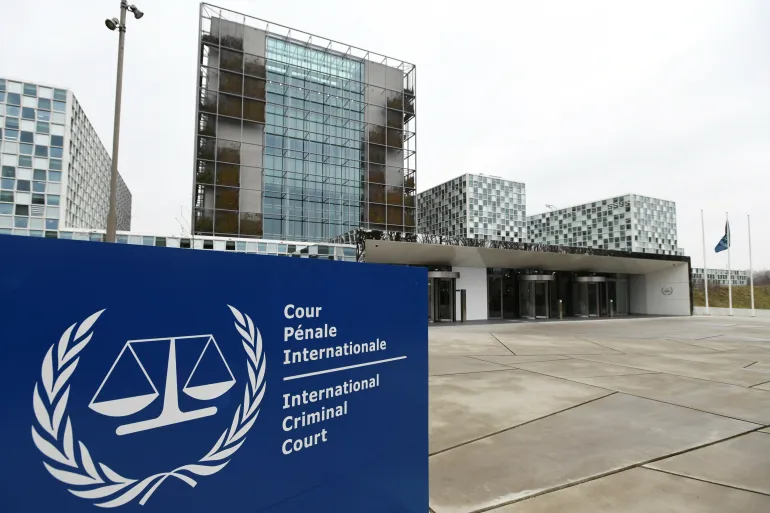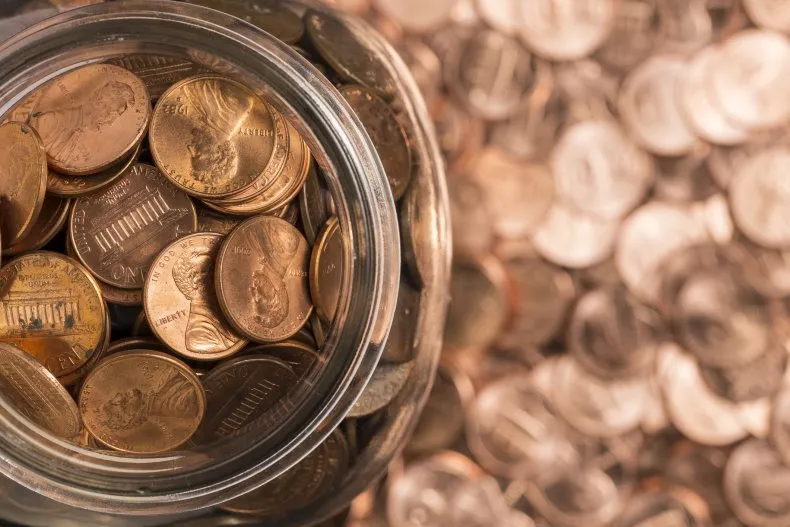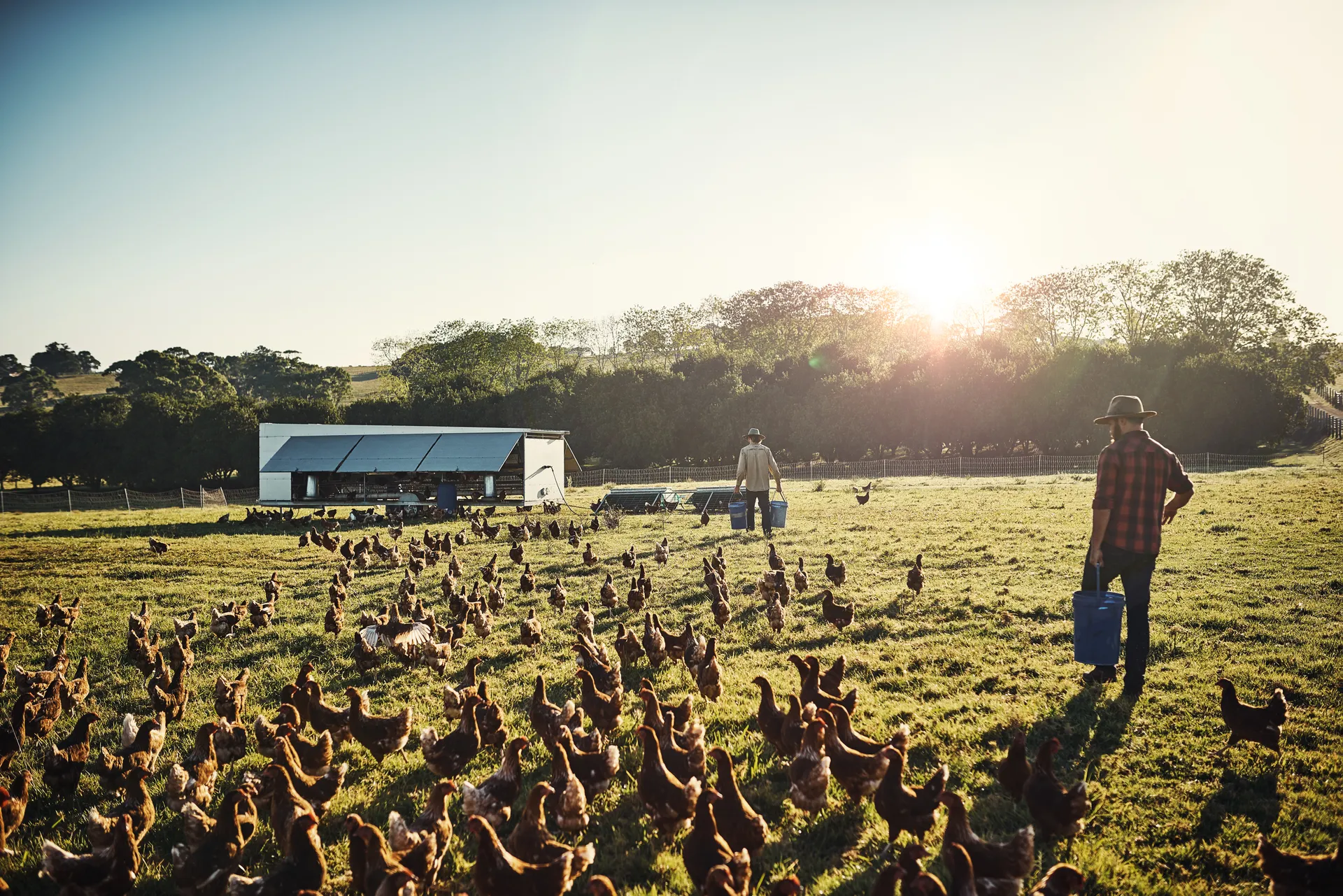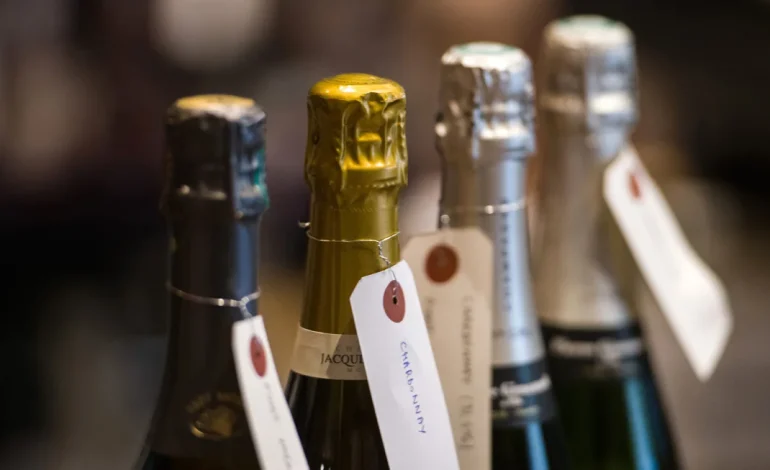Champagne sales are losing their sparkle as consumers worldwide appear less inclined to raise a glass in celebration, CNN reports.
Total Champagne shipments from France fell by nearly 10% last year, reaching 271 million bottles, marking the second consecutive year of decline. This downturn is attributed to inflation-weary consumers cutting back on spending and a pervasive sense of gloom permeating across the globe.
The recent report from Comité Champagne, a trade association representing over 16,000 winegrowers and 320 Champagne houses, paints a bleak picture of the industry, mirroring the trends observed in sales of other alcoholic beverages.
Maxime Toubart, co-president of the organization, bluntly said that “this is no time for celebration,” citing inflation, global conflicts, economic uncertainty, and a hesitant political climate in major Champagne markets like the US and France.
Sales within France, the home of Champagne, also experienced a 7% decline, dropping to 118 million bottles. The report attributes this dip to a “gloomy political and economic context.” France held a snap election over the summer, resulting in a hung parliament.
The downturn was initially signaled by French luxury giant LVMH in July when it reported a 15% drop in Champagne sales for the first half of 2024, forecasting a challenging year for the industry.
Despite the significant decline, David Chatillon, co-president of Comité Champagne, emphasized the resilience of the Champagne industry’s “solid, sustainable organizational model” that “has proved its value, even in the face of adversity.” He expressed confidence in the industry’s future.
LVMH, the world’s largest Champagne producer, owns prestigious brands like Dom Pérignon, Krug, and Veuve Clicquot. Notably, last year LVMH made its first foray into the non-alcoholic sparkling wine category with an investment in French Bloom
French spirits group Rémy Cointreau, which owns the Leonardo DiCaprio-backed Champagne Telmont, also recently reported a steeper-than-expected sales decline due to consumer spending cutbacks.
The Champagne region is also grappling with the effects of extreme weather events, including intense heat and early frosts, which resulted in winegrowers experiencing their smallest harvest since 1957 in 2021. As a result, Champagne houses like Telmont are increasingly focusing on environmentally sustainable farming practices in hopes of appealing to customers who are drawn to green initiatives.









